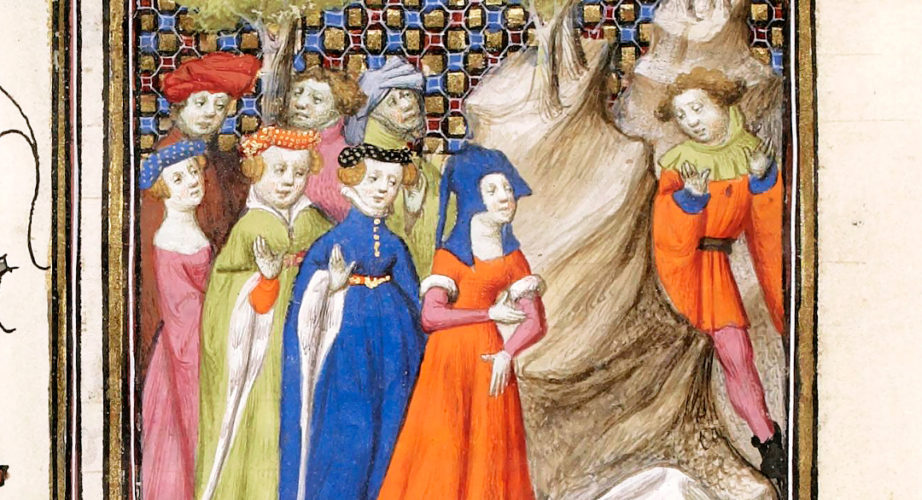Helen

For today’s Women’s Wednesday we welcome one of the most well-known female figures in Greek mythology: Helen of Troy. Believed to be the most beautiful woman of her time, her abduction at the hands of Paris is considered to be the main cause of the Trojan War.
Daughter of Tyndareus and Leda, it is believed that her real father was Zeus: disguised as a swan, the God spent the night with Helen’s mother, who then laid an egg from which Helen was born. Once she had reached the age to marry, many men started to court her and Tyndareus, afraid of selecting the wrong husband for his daughter, announced a contest between all suitors. Menelaus, unable to arrive to Sparta, decided to send his brother Agamemnon in his stead: Agamennon thus participated in the contest and successfully won Helen’s hand for his brother. Meanwhile in Troy, Paris was chosen to be the judge of whom was the most beautiful goddess between Athena, Hera, and Aphrodite. Each deity tried to bribe him with a different prize, and Aphrodite eventually won by offering him the hand of the most beautiful woman in the world: Helen. In the guise of a diplomatic mission, Paris thus arrived to Sparta. Given that Menelaus had to depart to Crete, Helen was charged with the task of taking care of the guest: Paris took the opportunity to kidnap Helen and immediately departed to Troy. Upon learning this, Menelaus promptly sent an army to Troy in order to rescue Helen, thus marking the start of the Trojan War. After many years of conflict, as narrated in the Iliad, the Spartans eventually won, Helen and Menelaus were reunited and spent the rest of their lives together.
While most writers depict Helen as a victim and a scapegoat for the Trojan War, there is much more about her character that can be explored. Other versions of the myth suggest that Helen chose to flee with Paris; this way, her figure can be seen as a radical departure from the usual view of women in mythology. She rejects her motherly duties with Hermione, her daughter with Menelaus, and willingly abandons her husband for another man. She is, simultaneously, the greatest object of men’s desire but also the agent of their destruction. What were once seen as the actions of a victim are now seen as the actions of a liberated woman who knows how to deceive the most powerful men.
“Helen”, illumination from the manuscript “Le livre de femmes nobles et renomées”, ms. Royal 16 G V, f. 39v, ca. 1440, British Library, London.
Historically and mythologically speaking, being in a powerful position (and perhaps also a…
The time has finally come for the very first Women’s Wednesday of 2021!…
Welcome back to another Women’s Wednesday! Our weekly Mulier Clara, much like Sappho…


